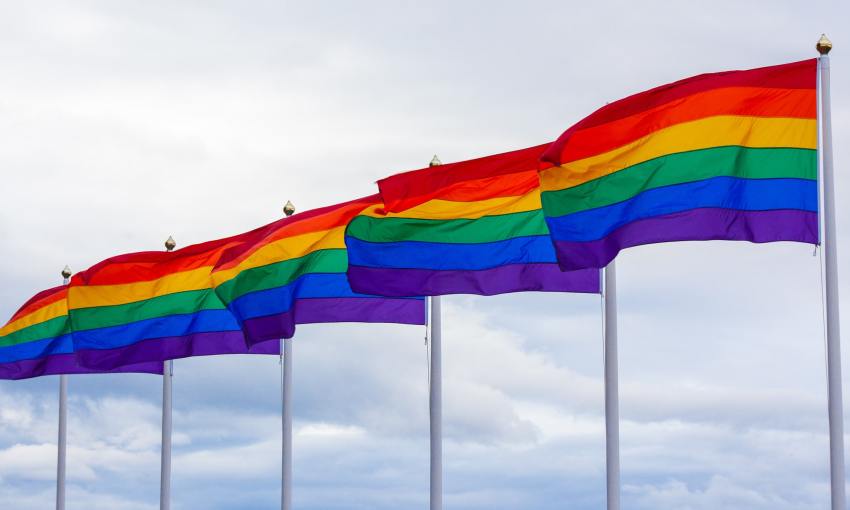Despite boasting a progressive history on gay rights, South Australia is holding on to a legal defence described as discriminatory towards LGBTQI+ people. Draft legislation set to be introduced to Parliament soon might change that.
Why does South Australia still have a ‘gay panic’ defence?
Last week, South Australian Attorney-General Vickie Chapman tabled draft legislation to abolish the provocation defence – known otherwise as the ‘gay panic’ defence.
This move comes as a result of the South Australian Law Reform Institute’s investigation into “legislative or regulatory discrimination against individuals and families on the grounds of sexual orientation, gender, gender identity, or intersex status,” which began in 2015 under then-Attorney-General John Rau.
SALRI, through this investigation, identified the ‘gay panic’ defence as meeting that definition.
Provocation is a ‘partial defence’, which allows South Australian courts to demote a murder conviction to manslaughter, if the defendant can prove they were provoked to violence by an unwanted homosexual advance.
This defence isn’t enshrined in law, but is a precedent set by other High Court cases where the provocation defence has been allowed.
The notion of ‘gay panic’ sounds ridiculous and archaic, and it is. We inherited the provocation defence from Britain.
But there is a depressingly recent example of the defence being used; it was argued only a decade ago in the defence of Michael Lindsay, after he killed Andrew Negre and dumped his body in a wheelie bin.
Michael’s lawyers argued he was subjected to unwanted sexual advances and was provoked to kill Andrew.
The Court of Criminal Appeal found that “no reasonable jury could fail to find that an ordinary person could not have so far lost his self-control as to attack the deceased in the manner that Lindsay did”.
After several appeals, Michael was found guilty.
But just because the defence was rejected is not reason enough to let such a glaring totem of anti-LGBTQ+ sentiment exist in our state’s laws.
Better that the ragged relic of a darker era in South Australia’s history not exist at all.
Attorney-General Vickie Chapman seems to agree, while cautioning in a statement that doing so is complex and cannot be rushed.
“The fact is, the law as it stands is outdated, gender biased, difficult to understand and, in certain cases, downright offensive – most notably in the case of what’s become commonly known as the ‘gay panic’ defence,” she says.
“However, it is also an incredibly complex area of law, and there are aspects where a similar defence is warranted in exceptional circumstances – such as a case where a victim of prolonged domestic violence retaliates against their abuser.”
When the Attorney-General tabled the bill in Parliament last week, she said the current framework is at odds with community expectations.
“I reiterate my previous statements: the gay panic defence is offensive and unacceptable, and the government appreciates what the removal of this from the law means for many in the LGBTQ community,” she said.
In a 150-page SALRI report on the provocation defence, released in 2018, the Institute says in the light of Michael Lindsay’s first successful High Court appeal, the gay panic defence can “indirectly legitimise and sanction lethal violence towards people demonstrating homosexual behaviour.
“The unwanted homosexual advance aspect of provocation is objectionable and is discriminatory on the grounds of sexual orientation,” it states.
The AG has tabled draft legislation for the abolition of the provocation defence from South Australian law, and stakeholders have been invited to offer feedback over the Parliamentary winter break.




